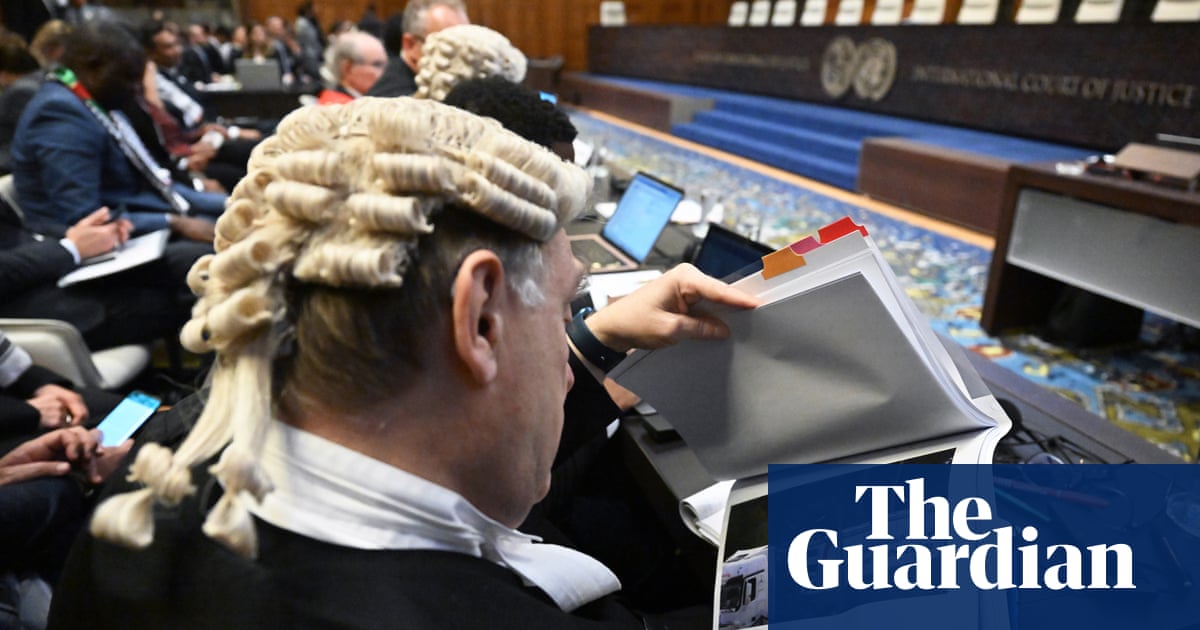
The soap opera of British politics in recent months may have eclipsed something more consequential for the UK in the long run than the revolving doors in Downing Street. The relationship between the UK and the rest of Europe is slowly and quietly changing.
It is too early to speak of a turning point, but there is at least a chance that we will look back on 2022 as the year when Britons and other Europeans finally escaped a downward spiral that has, since the Brexit referendum, poisoned not just the relationship between the UK and the EU, but bilateral relationships between the UK and many EU countries. Things might not be getting better, but they have at least, for now, stopped getting worse. In the sad world of UK-EU relations, this is progress.
The main reason for this shift is the threat to European security. Putin’s unprovoked and murderous aggression against Ukraine has rendered a central narrative surrounding Brexit untenable. Until the beginning of the war, it suited successive Tory governments, for domestic and party political reasons, to argue that Brexit was about much more than merely leaving the European Union. Apparently, the “will of the people” demanded not just leaving the EU, but having absolutely nothing to do with it. Only then could Britain, with its distinct and unique history and identity, fulfil its “global” destiny, always remembering, that Europe was – oddly enough – not a relevant part of the globe, and certainly not one that the UK felt naturally associated with.
The hardcore Brexiters within the Tory party were eagerly assisted in spinning this narrative by the rightwing parts of the British media, with the result that any topic associated with Europe, and not just the EU, became toxic in British political discourse. A case in point is the continuing debate about the European court of human rights, which is not an EU institution, but is still being framed by members of the cabinet as an intolerable European incursion into UK sovereignty.
The Labour opposition, terrified of being accused of being bitter remainers who disrespected democracy, bought into that narrative too, either by avoiding the subject of Brexit altogether, or by timidly suggesting that they, unlike the Conservatives, would make Brexit work, without going into the detail of how precisely that might be achieved. The result is a Brexit-shaped elephant in the debating room of UK politics.
The notion that Brexit entailed Britain turning its back on the European continent altogether was always more rhetorical bluster than the reality of British foreign and security policy, but there were still plenty of experts and politicians who bought into this narrative. Among them were many continental European policymaking elites who gave up on Britain as a reliable, or even interested, partner.
When the UK government published its Integrated Review in 2021, officials, thinktanks and journalists on the continent paid far more attention to the way in which cabinet ministers publicly spun the report as a manifesto for a global Britain tilting to the Indo-Pacific, than to its content, which clearly states that the UK remained primarily a Euro-Atlantic power. The Brexit narrative of Britain and Europe heading into diametrically opposed directions had turned into a self-fulfilling prophecy.
Then, circumstances changed dramatically in February when war broke out on the continent and Britain stepped up its military support for Ukraine in a way that put some EU member states, such as Germany and France, to shame. The war and the resulting energy crisis have made it plain that it is impossible to escape geography. Britain could leave the EU, but it can never leave Europe. Nor should other Europeans who care about their own security and the future of democracy and self-determination on this continent ever want them to.
Politicians and officials from the UK and Europe now meet much more frequently than they have in years, as part of the coordinated western response to Putin’s aggression. After the havoc that Brexit and Covid combined has wreaked on personal interactions between Britons and other Europeans, this is extremely important, because it contributes to the sorely needed rebuilding of trust and connections.
Acknowledging the degree of normalisation in interactions between Britain and continental Europe that has been achieved, doesn’t mean pretending we are not a very long way from the constructive and collaborative relationship our joint interests and principles demand. The improvement is precarious, and will be inherently limited as long as the UK remains outside the EU.
Years of frustrating Brexit negotiations, and public Europe-bashing by a succession of UK governments, have led to a complete breakdown of trust between politicians and officials on both sides. That will take longer to repair than a few months. The unresolved dispute about the future of the Northern Ireland protocol remains an open wound in the relationship, and even if the mood music surrounding negotiations is improving, a mutually satisfactory solution should by no means be taken for granted. The decision of the new Rishi Sunak government to leave the threat of unilateral legislation on the table if no agreement is found, is hardly conducive to rebuilding trust and respect.
The improvement of Britain’s standing in continental Europe can only go so far until the UK finds a stable and constructive way of interacting with the EU as a whole, rather than just with individual countries or groups.
Dealing with European reality at this extremely perilous moment in the history of the continent means acknowledging that the EU remains the most important way in which 27 countries interact with one another, resolve differences, organise their trade and economies and coordinate their support for Ukraine.
Along with Nato, the EU is the most important international organisation in the struggle to counter the threat from Putin’s Russia. That Ukraine and the countries of the western Balkans desperately want to join, proves that you can dislike the EU, but you can not deny its relevance.
It is in the joint interest of Britons and Europeans to work together and listen to each other in the face of the big common challenges. But as long as the UK remains a “third country” under the terms it sought in the withdrawal agreement, there is no escaping the fact that the relationship will remain a shadow of what it once was.
Helene von Bismarck is a German historian and author who specialises in the UK’s interactions with the world












